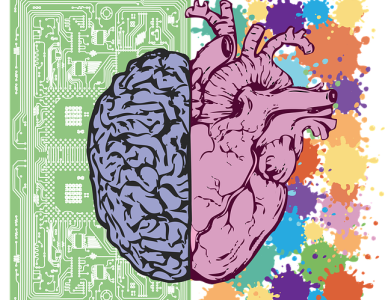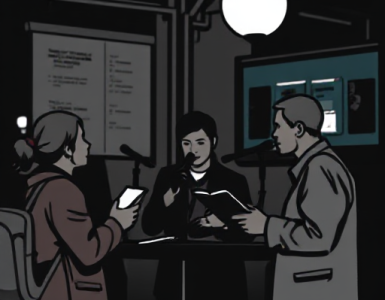We’re all walking, talking contradictions. One minute we’re paragons of reason, the next we’re falling for the oldest trick in the book. Why do we make the choices we make? Why do we feel the way we feel? Psychology offers a fascinating peek behind the curtain of our own minds, revealing hidden patterns that govern our thoughts, feelings, and actions. It’s not always pretty, but it’s always utterly captivating.
The Illusion of Choice
Ever felt like you made a totally rational decision, only to later realize it was completely irrational? Welcome to the club! Our brains are masters of self-deception, constantly constructing narratives to justify our actions, even when those actions don’t make logical sense. This is partly due to cognitive biases – systematic errors in thinking that skew our perceptions and judgments.
Take confirmation bias, for example. We tend to seek out information that confirms our existing beliefs and ignore information that contradicts them. Think about someone who believes climate change is a hoax. They’re more likely to pay attention to articles dismissing climate science and dismiss articles supporting it, even if the latter are more numerous and credible. This isn’t necessarily malicious; it’s just how our brains are wired – we like to be right, and confirming our existing beliefs feels good.
Another fascinating bias is the anchoring effect. The first piece of information we receive often disproportionately influences our subsequent judgments. Imagine a car salesman starts by quoting a ridiculously high price. Even if they eventually lower the price, it still anchors your perception of what’s “reasonable,” leading you to pay more than you might otherwise.
The Power of Suggestion
We’re far more susceptible to suggestion than we like to think. Classic experiments, like the Asch conformity experiments, showed how easily people will conform to group pressure, even when they know the group is wrong. Participants were asked to judge the length of lines, and confederates (actors) deliberately gave incorrect answers. A surprisingly high percentage of participants conformed to the group’s incorrect response, demonstrating the powerful influence of social pressure on individual judgment.
Subliminal messaging, while often overhyped, also has some truth to it. Though it’s unlikely to turn you into a mindless consumer overnight, subtle cues can influence our behavior. Think about product placement in movies or the use of emotionally evocative music in advertising. These techniques tap into our unconscious biases, subtly shaping our preferences and choices.
The Importance of Context
Our behavior isn’t solely determined by our internal state; it’s also heavily influenced by the environment. The Stanford Prison Experiment, though controversial in its methodology, dramatically illustrated the power of situational factors. College students assigned to play the roles of guards and prisoners quickly adopted extreme behaviors, demonstrating how even seemingly benign situations can evoke unexpected and unsettling responses.
Think about how your behavior differs at a party compared to a library. The context dictates appropriate behavior, influencing everything from your verbal communication to your body language. We’re incredibly adept at adapting to different social environments, but this adaptation isn’t always conscious or deliberate. How Does Body Language Reveal True Feelings?
Emotions: The Invisible Hand
Emotions are rarely rational, yet they exert a profound influence on our decision-making. Feeling angry might lead you to make impulsive choices, while feeling sad might lead to inaction. The amygdala, the brain’s emotional center, often overrides the prefrontal cortex, the center of rational thought, particularly in moments of high stress or intense emotion. The Mind's Hidden Playground: Unexpected Twists in Human Behavior
This explains why we often regret decisions made in the heat of the moment. Our emotions cloud our judgment, leading to choices we later wish we hadn’t made. Understanding the role of emotions in decision-making is crucial for improving our self-awareness and making better choices.
The Mystery of Motivation
What drives us to do what we do? Motivation is a complex interplay of intrinsic and extrinsic factors. Intrinsic motivation stems from internal rewards, such as the satisfaction of completing a challenging task. Extrinsic motivation comes from external rewards, like money or praise. While extrinsic rewards can be effective in the short term, they can actually diminish intrinsic motivation over time.
This is why offering children money for playing with a toy can backfire – they may lose interest in the toy once the reward is removed. The key to maintaining long-term motivation is finding ways to tap into intrinsic rewards, fostering a sense of purpose and meaning in our activities.
Conclusion
The human mind is a fascinating, albeit flawed, system. By understanding the hidden patterns that govern our thoughts, feelings, and actions, we can gain valuable insights into our own behavior and the behavior of others. This is not about becoming perfect or eliminating our quirks; it’s about becoming more self-aware, making more informed decisions, and navigating the sometimes-chaotic landscape of human experience with greater understanding and compassion.

























Add comment